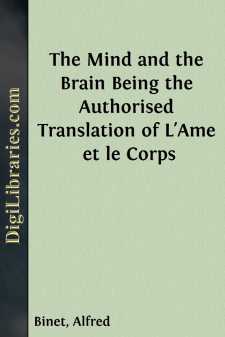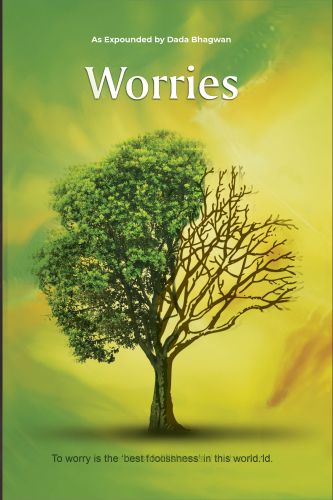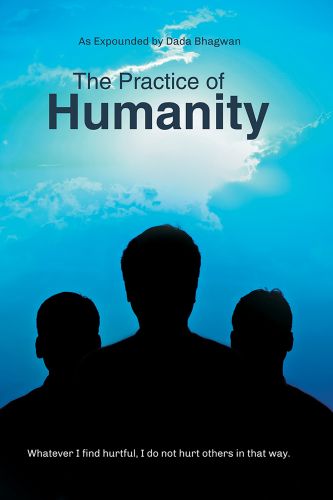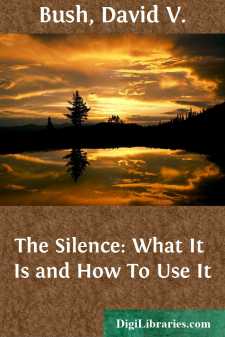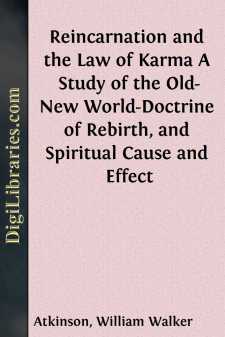Categories
- Antiques & Collectibles 13
- Architecture 36
- Art 48
- Bibles 22
- Biography & Autobiography 813
- Body, Mind & Spirit 142
- Business & Economics 28
- Children's Books 17
- Children's Fiction 14
- Computers 4
- Cooking 94
- Crafts & Hobbies 4
- Drama 346
- Education 46
- Family & Relationships 57
- Fiction 11829
- Games 19
- Gardening 17
- Health & Fitness 34
- History 1377
- House & Home 1
- Humor 147
- Juvenile Fiction 1873
- Juvenile Nonfiction 202
- Language Arts & Disciplines 88
- Law 16
- Literary Collections 686
- Literary Criticism 179
- Mathematics 13
- Medical 41
- Music 40
- Nature 179
- Non-Classifiable 1768
- Performing Arts 7
- Periodicals 1453
- Philosophy 64
- Photography 2
- Poetry 896
- Political Science 203
- Psychology 42
- Reference 154
- Religion 513
- Science 126
- Self-Help 84
- Social Science 81
- Sports & Recreation 34
- Study Aids 3
- Technology & Engineering 59
- Transportation 23
- Travel 463
- True Crime 29
The Mind and the Brain Being the Authorised Translation of L'Ame et le Corps
by: Alfred Binet
Categories:
Description:
Excerpt
INTRODUCTION
This book is a prolonged effort to establish a distinction between what is called mind and what is called matter. Nothing is more simple than to realise this distinction when you do not go deeply into it; nothing is more difficult when you analyse it a little. At first sight, it seems impossible to confuse things so far apart as a thought and a block of stone; but on reflection this great contrast vanishes, and other differences have to be sought which are less apparent and of which one has not hitherto dreamed.
First let us say how the question presents itself to us. The fact which we must take as a starting point, for it is independent of every kind of theory, is that there exists something which is "knowable." Not only science, but ordinary life and our everyday conversation, imply that there are things that we know. It is with regard to these things that we have to ask ourselves if some belong to what we call the mind and others to what we call matter.
Let us suppose, by way of hypothesis, the knowable to be entirely and absolutely homogeneous. In that case we should be obliged to set aside the question as one already decided. Where everything is homogeneous, there is no distinction to be drawn. But this hypothesis is, as we all know, falsified by observation. The whole body of the knowable is formed from an agglomeration of extremely varied elements, amongst which it is easy to distinguish a large number of divisions. Things may be classified according to their colour, their shape, their weight, the pleasure they give us, their quality of being alive or dead, and so on; one much given to classification would only be troubled by the number of possible distinctions.
Since so many divisions are possible, at which shall we stop and say: this is the one which corresponds exactly to the opposition of mind and matter? The choice is not easy to make; for we shall see that certain authors put the distinction between the physical and the mental in one thing, others in another. Thus there have been a very large number of distinctions proposed, and their number is much greater than is generally thought. Since we propose to make ourselves judges of these distinctions, since, in fact, we shall reject most of them in order to suggest entirely new ones, it must be supposed that we shall do so by means of a criterion. Otherwise, we should only be acting fantastically. We should be saying peremptorily, "In my opinion this is mental," and there would be no more ground for discussion than, if the assertion were "I prefer the Romanticists to the Classicists," or "I consider prose superior to poetry."
The criterion which I have employed, and which I did not analyse until the unconscious use I had made of it revealed its existence to me, is based on the two following rules:—
1. A Rule of Method.—The distinction between mind and matter must not only apply to the whole of the knowable, but must be the deepest which can divide the knowable, and must further be one of a permanent character. A priori, there is nothing to prove the existence of such a distinction; it must be sought for and, when found, closely examined.
2. An Indication of the Direction in which the Search must be Made.—Taking into account the position already taken up by the majority of philosophers, the manifestation of mind, if it exists, must be looked for in the domain of facts dealt with by psychology, and the manifestation of matter in the domain explored by physicists.
I do not conceal from myself that there may be much that is arbitrary in my own criterion; but this does not seem to me possible to avoid....


